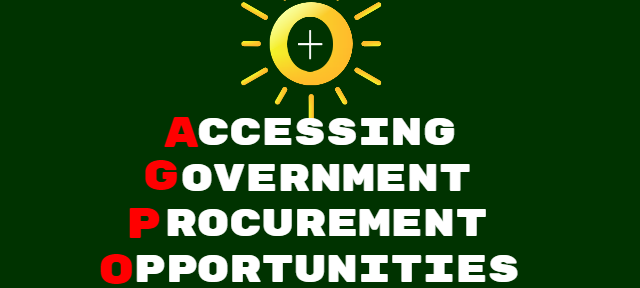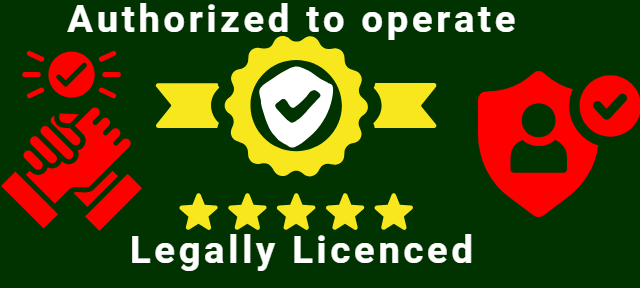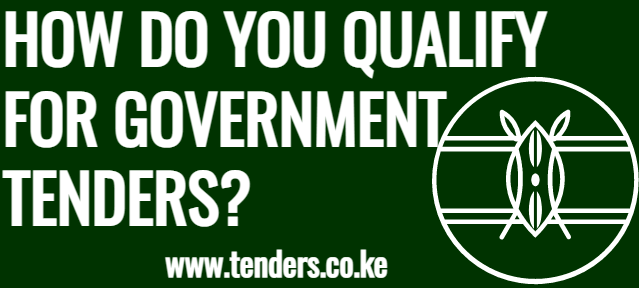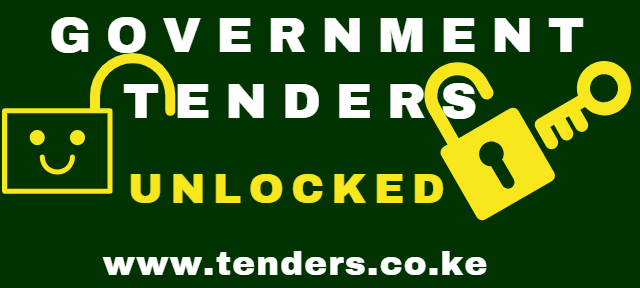Winning a tender for both government and public contracts requires proper research and understanding of procurement by familiarizing yourself with the regulations and guidelines of each government entity or public entity. In this comprehensive guide, you will will learn 8 points on how to a tender win tenders worldwide
1. Write a Compelling Proposal
Write a persuasive proposal that clearly articulates your solution, methodology, and value proposition. Address all requirements outlined in the tender document and demonstrate how your offering aligns with the client's objectives.
2. Differentiate Your Tender Proposal:
Clearly highlight what sets your proposal apart from competitors. Emphasize your unique selling points, such as innovative approaches, cost-effectiveness, quality assurance measures, or past successes.
3. Price Competitively
Develop a pricing strategy that balances competitiveness with profitability. Ensure your pricing is transparent and justifiable, considering factors such as costs, market rates, and value-added services.
4. Build a Strong Team:
Have a team of experts with experience in understanding the tender scope, evaluation criteria, and deadlines. Assign roles and responsibilities clearly, ensuring everyone understands their contribution to the contract proposal .
5. Provide Evidence and References:
Support your proposal with past evidence, such as case studies, testimonials, or relevant project examples. References from satisfied clients can add credibility to your proposal and instill confidence in your ability to deliver.
6. Certifications and Qualifications:
Obtain relevant certifications, accreditations, and qualifications that enhance your credibility and eligibility for government contracts. Certifications such as NCA Ceriticate, AGPO certificate, or Person with disability card can provide competitive advantages in some tenders.
6. Review and Revise:
Before submission, thoroughly review your proposal to ensure accuracy, coherence, and compliance with the tender requirements. Seek feedback from colleagues or industry experts and make necessary revisions to strengthen your proposal.
7. Submit on Time:
Meet the submission deadline without fail. Late submissions are typically disqualified, regardless of the quality of the proposal.
8. Follow Up:
After tender submission, follow up with the procurement entity to express your continued interest and address any further questions they may have. Maintain a positive and professional communication throughout the process by responding to any queries or clarifications that may be asked by the entity and maintain communication to build trust for the future.




